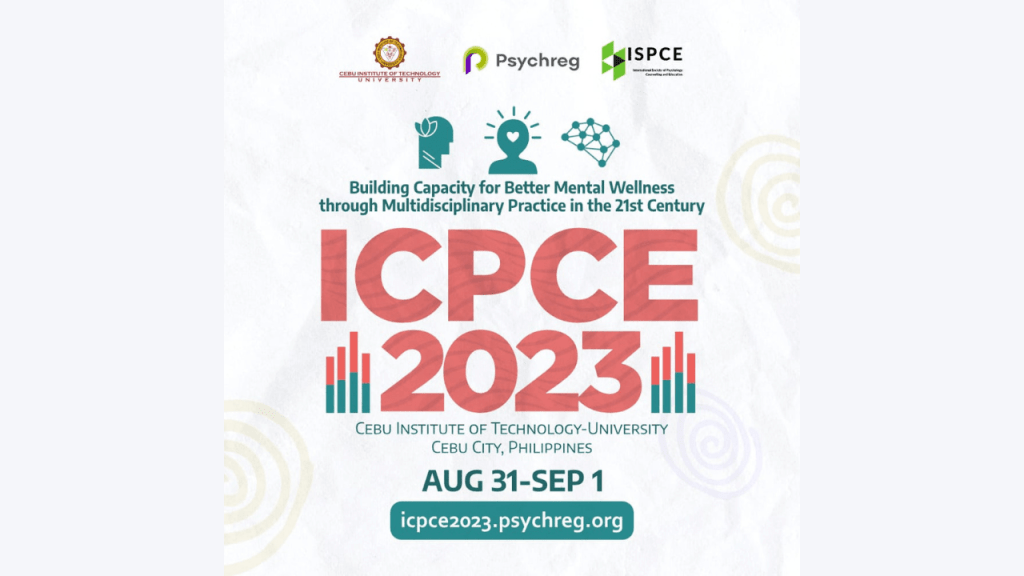Have you ever wondered why some people never change or learn from their mistakes?
There are a number of very real reasons why it is uncomfortable to change. If it was pleasurable to grow then everyone would be doing it. But it isn’t, and the majority aren’t doing it and have no intention of doing it.
There are some universal problems associated with changing and improving oneself. One of the main problems of personal growth is that it always includes some invalidation of what you have previously thought. At some point, you have to be able to recognise that you probably were wrong or confused about how you were seeing and doing things. Most people can’t do that. Being proven wrong by others is one thing because you can always rationalise that they are the wrong ones, not you. But being proven wrong by yourself is an incredibly difficult procedure and probably one of the few things we can’t rationalise.
One commonality of all human beings is our uncanny ability to rationalise just about everything we do. We can rationalise anything and everything. This gives us permission to do what we do and be right about it. Even if we know we were wrong, our underlying reason for doing it was right. We are really amazing creatures, aren’t we?
I think that we should call our species ‘human rationalisers’ instead of ‘human beings’. I believe it is the most glaring flaw we all have.
Actually, most of the things we say and do are done by our emotional instincts if you really think about it. Whenever there is an emotional response to something or another, how much real thought is taken to plan out exactly what you are going to say.
The point I would like to bring to light is that we usually do and say things by an instinctual reaction and then we rationalise doing it. We use this rationalisation process to prove to ourselves that we were correct and right. Some of get so stuck in this process that we can’t see anything else.
There is a way out of this rut if you are looking for a better way to live.
One of the first steps in shaking off the shackles of always being right (and hence being stuck) is to be aware of how this process works. Always being right is an incredible obstacle blocking us from growing. Our rationalisation process must be questioned and observed objectively in order to grow.
When I say grow, I mean become a better, more rounded, more effective, happier person who sleeps better at night and has more peace of mind. These are all the reasons to become more aware and to develop your self. It is worth all the effort.
A conscious decision has to be made at some point. Unfortunately, this decision usually stems from a painful event that forces you to reevaluate yourself or your life. Growth usually won’t begin in an environment of pleasure and happiness. If you think about it there really is no other way it could happen. Why change or grow when all is well. (Here is a little hint about how life works, this is why we have to have problems.) Without them, what would we have to do? Cows in a pasture come to mind…
When you make the greatest of all intentions of becoming a person committed to growth, be prepared to finally declare to yourself that you are not the all-seeing, all-knowing, all-righteous, and superior being that you thought you were. But that is really ok once you get used to the idea. In fact, it is very freeing. True acceptance of this is the first breakthrough necessary to proceed with the personal growth journey.
If you can achieve this goal, congratulations! A journey of a thousand miles begins with a single step. The first step is the most difficult.
Scott Trettenero’s book, Master the Mystery of Human Nature: Resolving the Conflict of Opposing Values helps readers learn about themselves.




























